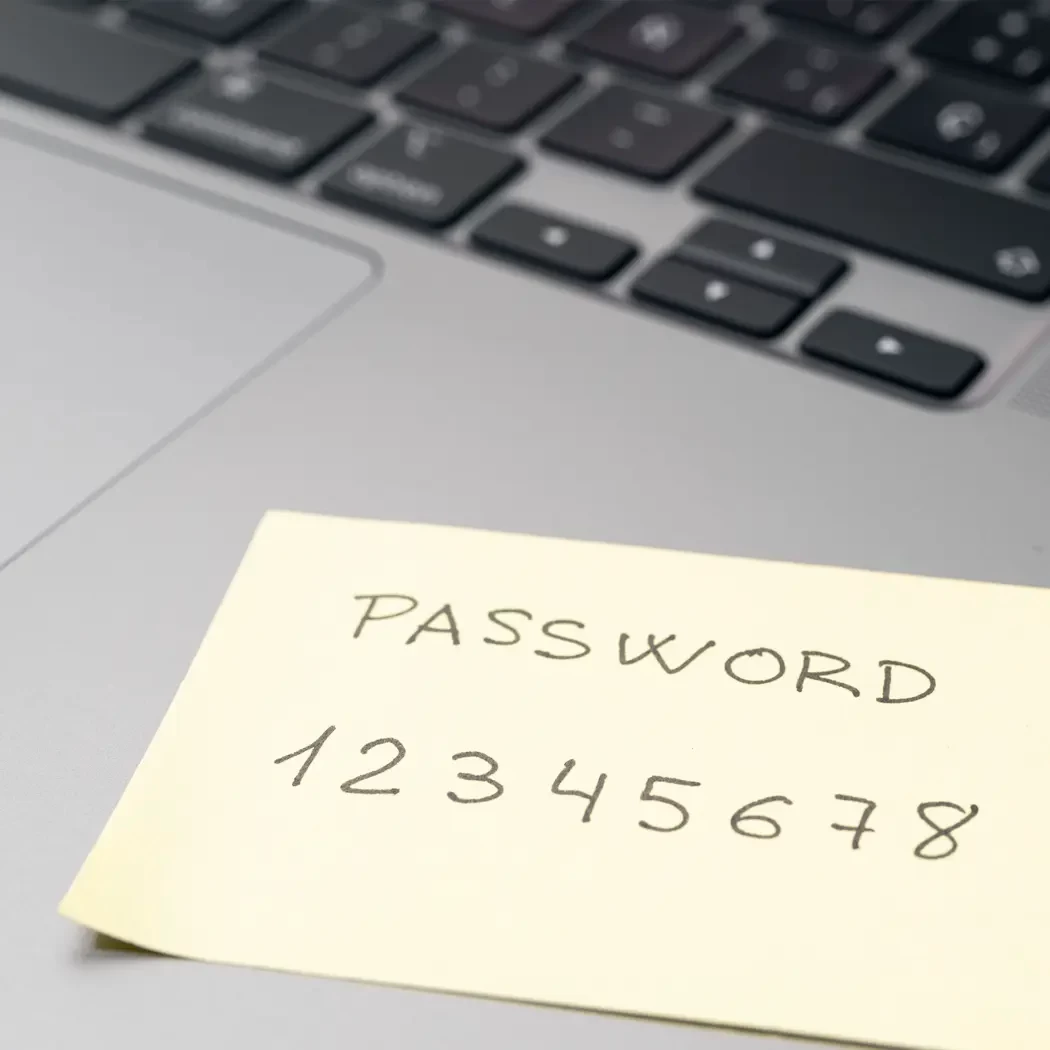In today's digital age, where cyber threats are prevalent, ensuring strong password management practices is crucial for protecting personal and sensitive information. Here are some best practices to safeguard your accounts and data:
Use Strong, Unique Passwords: Create passwords that are at least 12 characters long and include a mix of uppercase and lowercase letters, numbers, and special characters. Avoid using easily guessable information such as birthdays or common words.
Avoid Password Reuse: Never reuse passwords across multiple accounts. Each account should have a unique password to minimize the risk of multiple accounts being compromised if one password is breached.
Use a Password Manager: Consider using a reputable password manager to securely store and manage your passwords. Password managers can generate strong passwords, store them encrypted, and automatically fill them in for you.
Enable Two-Factor Authentication (2FA): Enable 2FA wherever possible. This adds an extra layer of security by requiring a second form of verification (e.g., a code sent to your phone) in addition to your password.
Regularly Update Passwords: Change your passwords periodically, ideally every 3 to 6 months, especially for sensitive accounts like banking or email. Set reminders to update passwords regularly.
Beware of Phishing Attempts: Be cautious of phishing emails and websites that attempt to trick you into revealing your passwords. Always verify the authenticity of requests for login information.
Educate Yourself and Others: Stay informed about current cybersecurity threats and educate yourself and your family or team members about password security best practices.
Secure Your Devices: Ensure your devices are protected with up-to-date antivirus software and operating system patches to prevent malware attacks that could steal your passwords.
Use Secure Connections: Avoid entering passwords on public Wi-Fi networks where data can be intercepted. Use a virtual private network (VPN) for secure connections when accessing sensitive information.
Backup Your Passwords Securely: If you must store passwords offline, use encrypted storage solutions or secure physical locations to prevent unauthorized access.
By implementing these password management best practices, you can significantly enhance your online security posture and reduce the risk of unauthorized access to your accounts and personal information. Stay vigilant and proactive in protecting your digital identity and assets.
